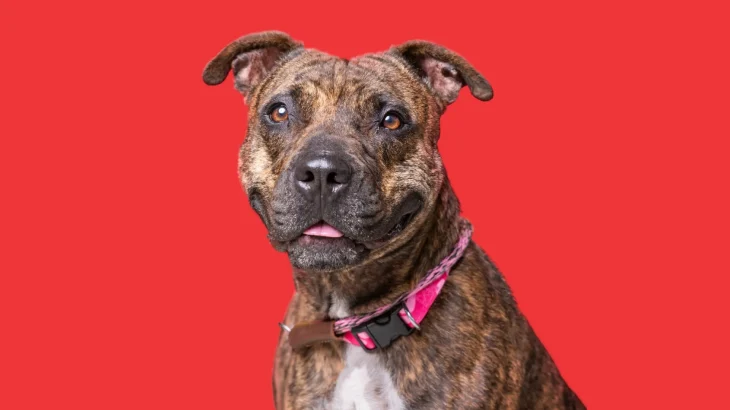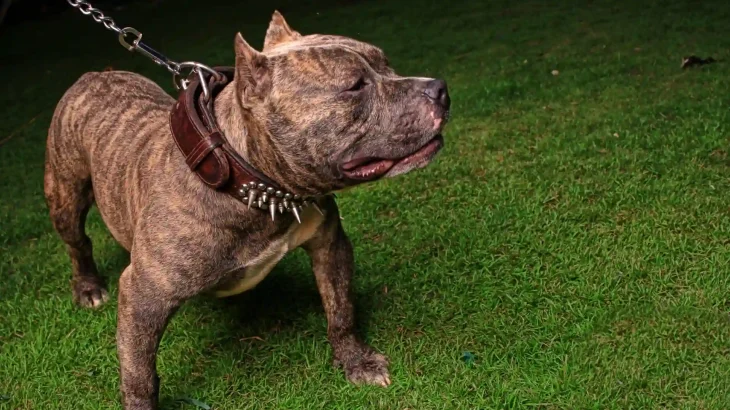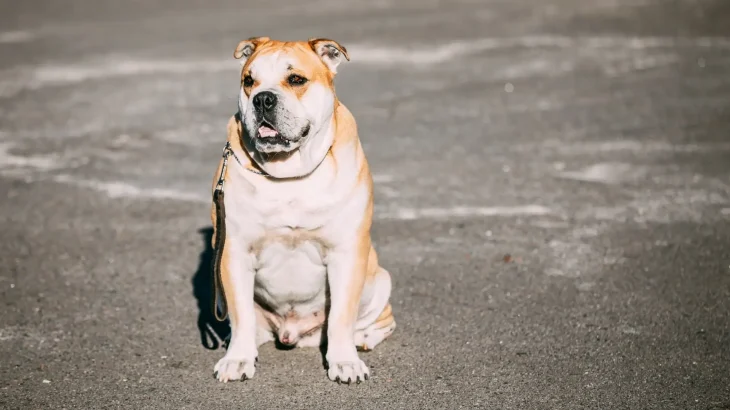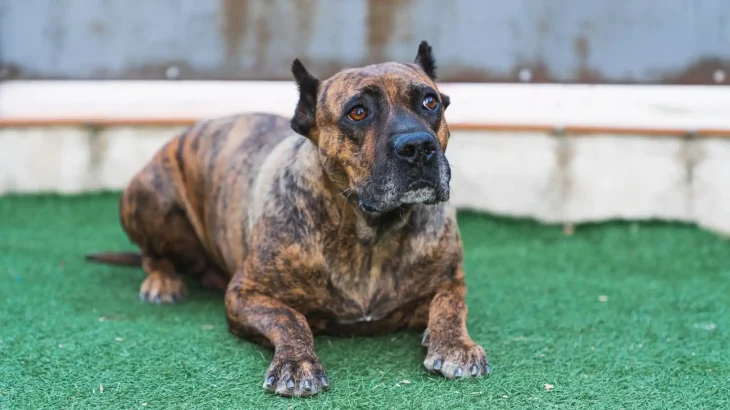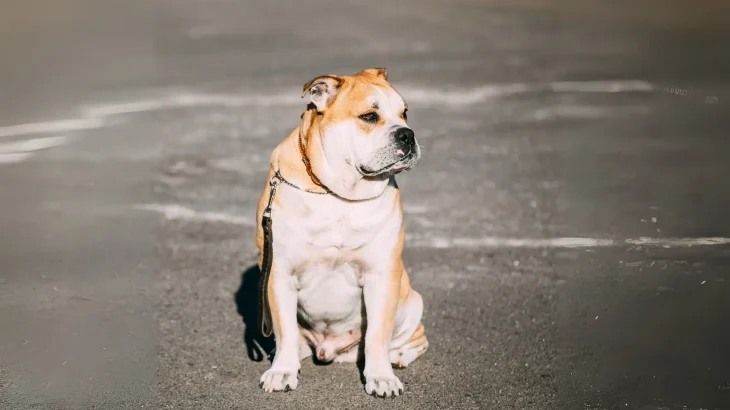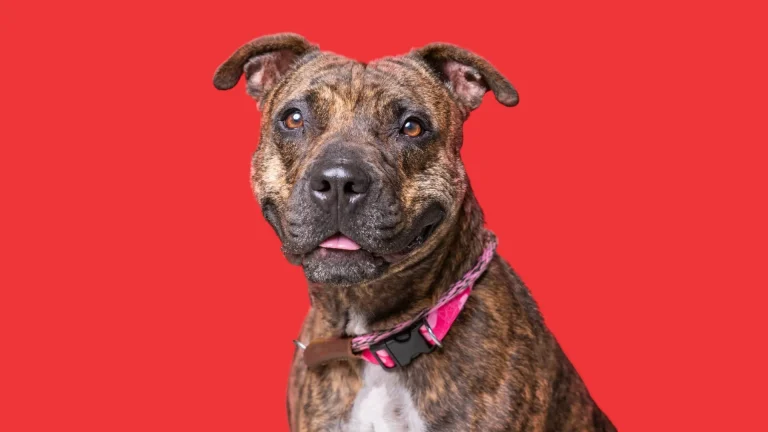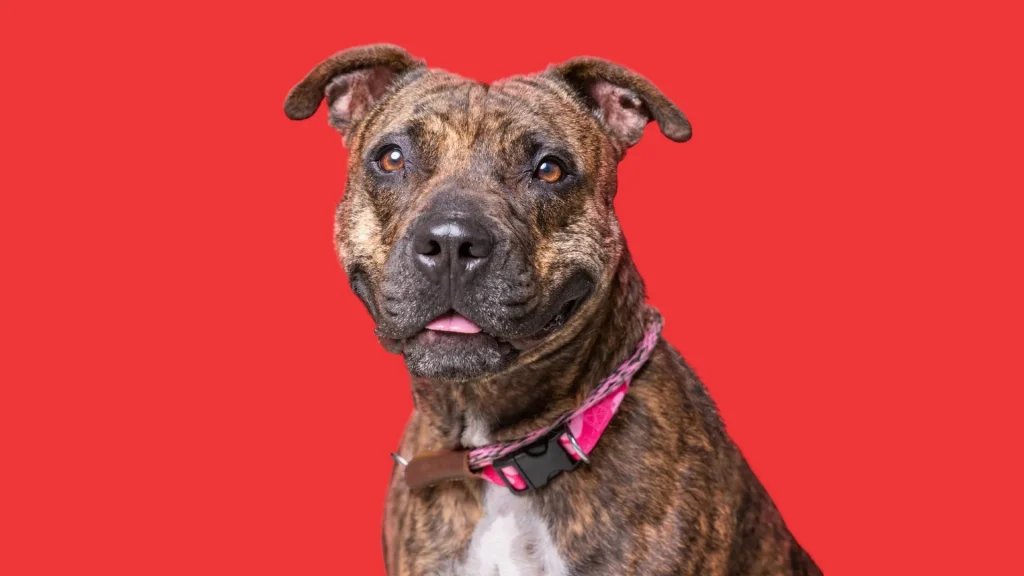Deciding whether to adopt or purchase a Presa Canario puppy depends largely on your priorities, such as budget, health assurances, and supporting ethical practices. Buying from a breeder often offers more control over the puppy's lineage and health background, while adopting can provide a loving home to a dog in need and usually lower upfront costs.
| Criteria | Buying from Breeder | Adopting from Shelter/Rescue |
|---|---|---|
| Cost | Higher initial cost due to purebred status and breeder expenses. | Lower adoption fees, often include initial medical care. |
| Health History | Health records and genetic screenings usually available. | Health history may be limited or unknown, though initial checks common. |
| Age Availability | Primarily young puppies. | Various ages, including adults and seniors. |
| Temperament Insight | Breeders share lineage-based temperament info. | Shelter staff provide behavioral observations, less background info. |
| Supporting Practices | Supports ethical breeding if chosen carefully. | Supports animal welfare by giving homes to dogs in need. |
| Breed Purity & Pedigree | Clear pedigree and breed standards documented. | Breed purity may be uncertain or mixed. |

